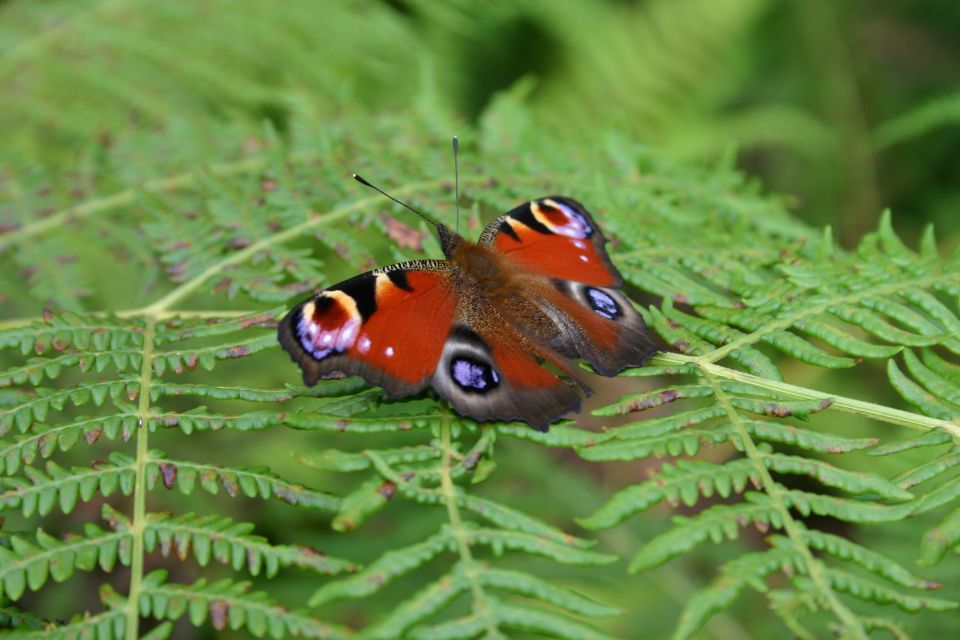Britain’s butterflies clobbered as extreme weather puts much-loved creatures at risk
Heatwaves, cold snaps and heavy downpours may have already contributed to the crisis in the butterfly population

BRIT butterflies could be under threat from increasing bouts of extreme weather hitting the country.
Heatwaves, cold snaps and heavy downpours may have already contributed to the crisis in the butterfly population.
Research conducted by the UK Butterfly Monitoring Scheme (UKBMS) found that the rainfall level during the cocoon stage of a butterfly's life had adversely affected over a quarter of the of the species in the country.
But the biggest issue was harm caused by heat during the "over-wintering" life stage which had hit more than half the species.
This could be put down to increased diseases or that the hot temperatures cue the butterflies to com out from their winter state too early and then get killed off by the cold conditions.
Study co-author Dr Aldina Franco, from the University of East Anglia, said: "This may be due to increased incidences of disease or potentially extreme hot temperatures acting as a cue for butterflies or their larvae to come out from over-wintering too early and subsequently (be) killed off by temperatures returning to colder conditions."
Hot weather was found to benefit warmth-loving adult butterflies, leading to a positive population change in more than a third of species.
However, on balance the bad effects of extreme weather events outweighed the good, said the scientists whose findings are published in The Journal Of Animal Ecology.
Dr Franco added: "Years with extreme warm summers and winters may have mixed effects. For example, this year was terrible for butterflies. Although the summer was warm the number of butterflies counted during the Big Butterfly Count was particularly low.
related stories
"Our study indicates that this could have resulted from the detrimental effects of the warm winter.
"For example, the recent low counts of Gatekeeper, Common Blue, Comma, Peacock and Small Tortoiseshell butterflies could be explained by our results due to their negative response to warm winters which was just experienced."
Lead author Osgur McDermott-Long, of the School of Environmental Sciences at UEA, said: "This is the first study to examine the effects of extreme climate events across all life stages of the UK butterflies from egg to adult butterfly.
"We wanted to identify sensitive life stages and unravel the role that life history traits play in species' sensitivity to ECEs.
"The study has demonstrated previously unknown sensitivities of our UK butterflies to extreme climatic events, which are becoming more frequent with climate change.
"Some of these effects are undoubtedly putting future populations at risk, such as extremely warm winters, however we've seen that warm and even climatically extreme hot summers may actually benefit butterflies."
Dr Tom Brereton, from Butterfly Conservation, who also took part in the research, said: "If we are to mitigate against extreme events as part of conservation efforts, in particular, we need a better understanding of the habitat conditions which can lead to successful survival of adult, pupal and over-wintering life stages of UK butterflies in these situations."
We pay for your stories! Do you have a story for The Sun Online news team? Email us at [email protected] or call 0207 782 4368








